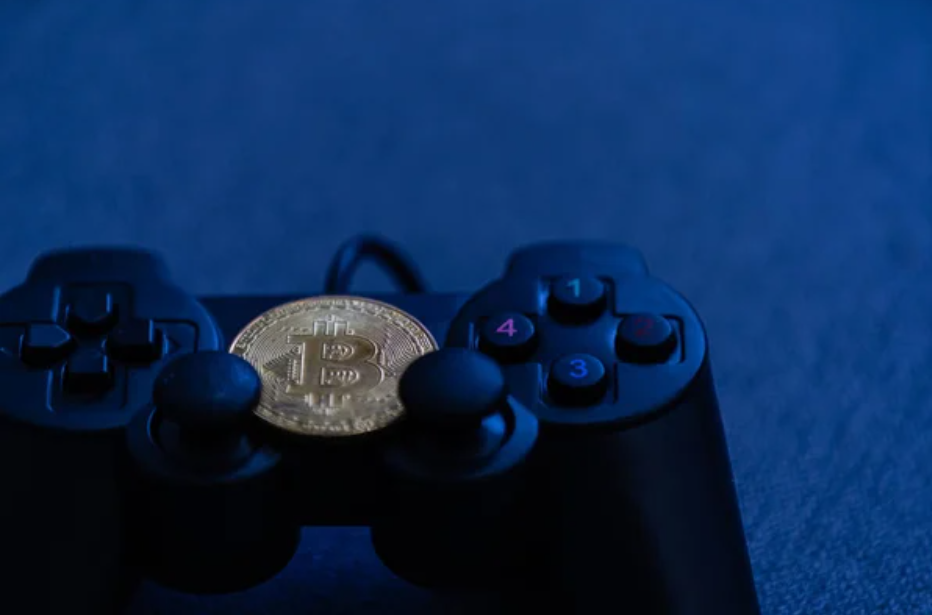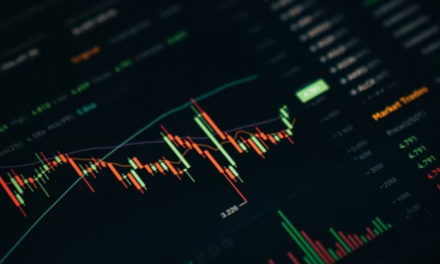The growth of the blockchain gaming market to an estimated $600 billion by 2030 is a reflection of the transformative impact blockchain technology is having on the gaming industry. This projection, as analyzed by Fortune Business Insights, indicates a significant shift towards decentralized, transparent systems that are revolutionizing traditional gaming models.
Blockchain technology brings several key features to the gaming world:
- Non-Fungible Tokens (NFTs): These unique digital assets enable players to have true ownership of in-game items like characters, skins, and other elements. They can be bought, sold, or traded, adding a new dimension of value and investment in virtual worlds.
- Smart Contracts: Automating transactions and enforcing game rules, smart contracts contribute to a fair and transparent gaming environment. This reduces fraud risks and builds trust among players.
- Decentralized Finance (DeFi): Players can engage in financial activities within the game, such as earning cryptocurrency rewards, participating in decentralized markets, and staking in-game assets to generate passive income. This financialization adds a new layer of engagement and investment in the game.
- Enhanced Security: The inherent security features of blockchain ensure that players’ earnings and digital assets are protected. This security extends beyond the lifespan of the game, allowing players to retain or move their assets independently.
- Decentralized Governance: Players can have a say in the game’s development and evolution, fostering a deeper connection and engagement with the gaming community.
- Marketplaces for In-Game Assets: Platforms like Gameflip provide safe and simple transactions for digital game assets, further emphasizing the shift from digital access to verifiable ownership.
The influx of capital from traditional gaming companies, tech giants, and venture capitalists is fueling innovation and technological advancements in this sector. However, challenges like scalability, user adoption, and regulatory uncertainties, especially concerning the classification of blockchain gaming cryptocurrencies and other assets as “securities,” need to be addressed.
Collaboration between blockchain developers, gaming companies, and regulatory bodies is essential for the growth and acceptance of this burgeoning industry. As these collaborations strengthen, we can expect a more robust, trusted, and economically vibrant gaming ecosystem that leverages blockchain’s unique capabilities to enhance the gaming experience.




